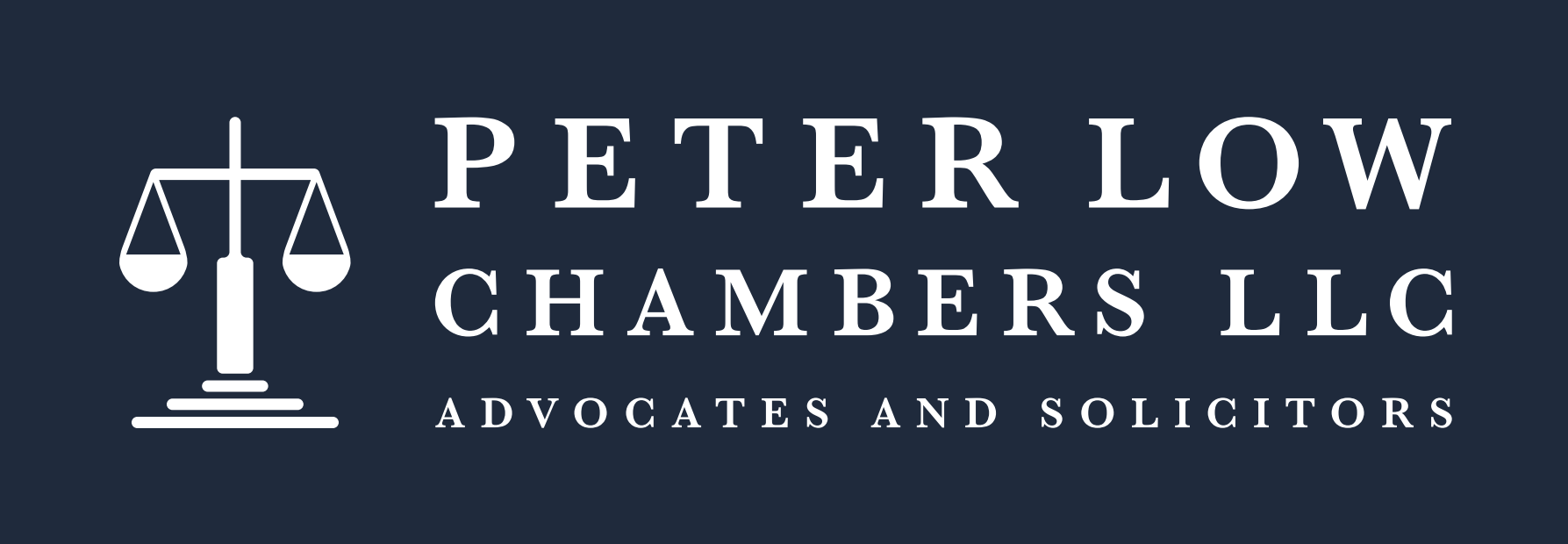Protection from Harassment Act: 5 things you need to know about the landmark legislation.
SINGAPORE – A district court on Wednesday ordered doctor K. Paramesvaran to remove the captions he had put into two videos that he uploaded detailing his run-in with Frenchman Yannick Pierre Yves Le Borgne at a Caltex station last April. The order is an interim one until the case is settled in court.
It is believed to be the first time that a court issued an expedited protection order (EPO) under the Protection from Harassment Act. The expedited order works on a temporary basis to prevent further alleged harassment until a case is settled.
The Protection from Harassment Act, a landmark legislation, came into force here in November 2014. According to the State Courts, between Nov 15 and Jan 7, there were 79 Magistrate’s Complaints for harassment, which relate to criminal cases. There were also 13 applications for Protection Orders under Originating Summons, which are civil remedies. Three Protection Orders have been issued by the State Courts, and the remainder of the cases are ongoing.
The Ministry of Law says the law seeks to better protect people from harassment and related anti-social behaviour.
Here are 5 things about the Protection from Harassment Act:
1. Act will protect victims of all types of harassment, including stalking
The Act, which was passed by Parliament on March 13, 2014, will provide civil and criminal recourse for victims of harassment. It will help victims of harassment, alarm or distress, fear, provocation, and stalking. The Ministry of Law worked with agencies and stakeholders such as the Ministry of Home Affairs, the Ministry of Education, social welfare agencies and the Courts to develop the detailed rules and processes for dealing with the various forms of harassment behaviours.
2. Victims may apply directly to the Court for a Protection Order
The Protection Order will direct the harasser to stop the harassing behaviour. The Protection Order can also put a stop to the spread of harassing communication by others who re-publish the communication. In urgent cases, the Court may grant a temporary Expedited Protection Order on the spot.
It costs between $300 to $500 to lodge a complaint, but those in financial need can seek help from the Legal Aid Bureau.
3. Victims of false statements of facts alleged against him or her can seek recourse
If the victim can prove in court that the statements are false, the Court can direct the publication of a suitable notification which alerts readers that the statements are false. The form of notification will be at the discretion of the Court.
4. The Act applies both to the physical world and online world, and may also apply out of Singapore Click here
